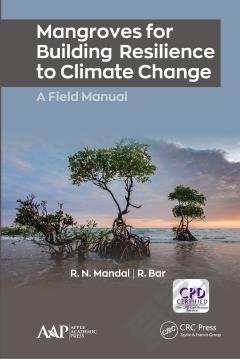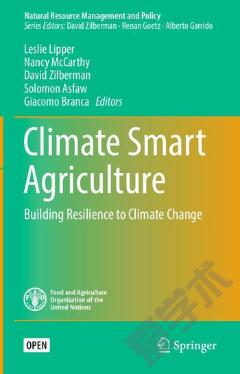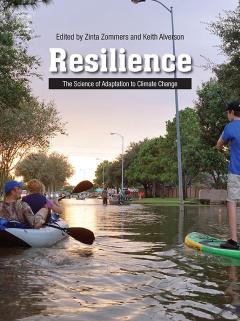Mangroves for Building Resilience to Climate Change
This valuable book is a comprehensive volume on mangroves, with information accessible to both botany professionals and students. It provides an easy method of identifying mangroves and distinguishing one species from another. What is a mangrove and what are the criteria of mangroves are explained, along with descriptions of distinctions among major mangroves, mangrove associates, mangrove halophytes, and back mangals. Many photos and illustrations are provided, showing the visible features of mangroves. The volume also covers a range of other topics, including habitats and climatic conditions, morphological and reproductive features, how climate change is affecting mangroves and methods of mitigation and conservation. This book is about mangroves, the intertidal coastal forests that struggle every moment against hungry tides because mangroves flourish at the interface zone of land and sea. Like an evergreen forest in the tropical and subtropical regions of the world, mangroves form definite coastal vegetation, providing protection to people living in such fragile zones against the occurrence of frequent natural calamities. Key features: Introduces important facts about mangroves: definition, early records of mangroves, categorization, and more Looks at the distribution of mangroves worldwide along with features of mangrove habitats and climatic conditions Describes the ecology and environmental conditions, particularly the concept of intertidal zones along estuary positions where tidal flows inundate mangroves Discusses the distinct morphological attributes and reproductive phenology of major mangroves Details the attributes of mangroves, covering a total of 78 species of intertidal flora, including 32 true mangroves, along with their diagnostic features, salient attributes, and illustrations for easy identification Highlights the burning environmental issue of climate change and its impact on mangroves Provides a variety of methods of restoration, conservation, and protection of mangroves
{{comment.content}}








 京公网安备 11010802027623号
京公网安备 11010802027623号